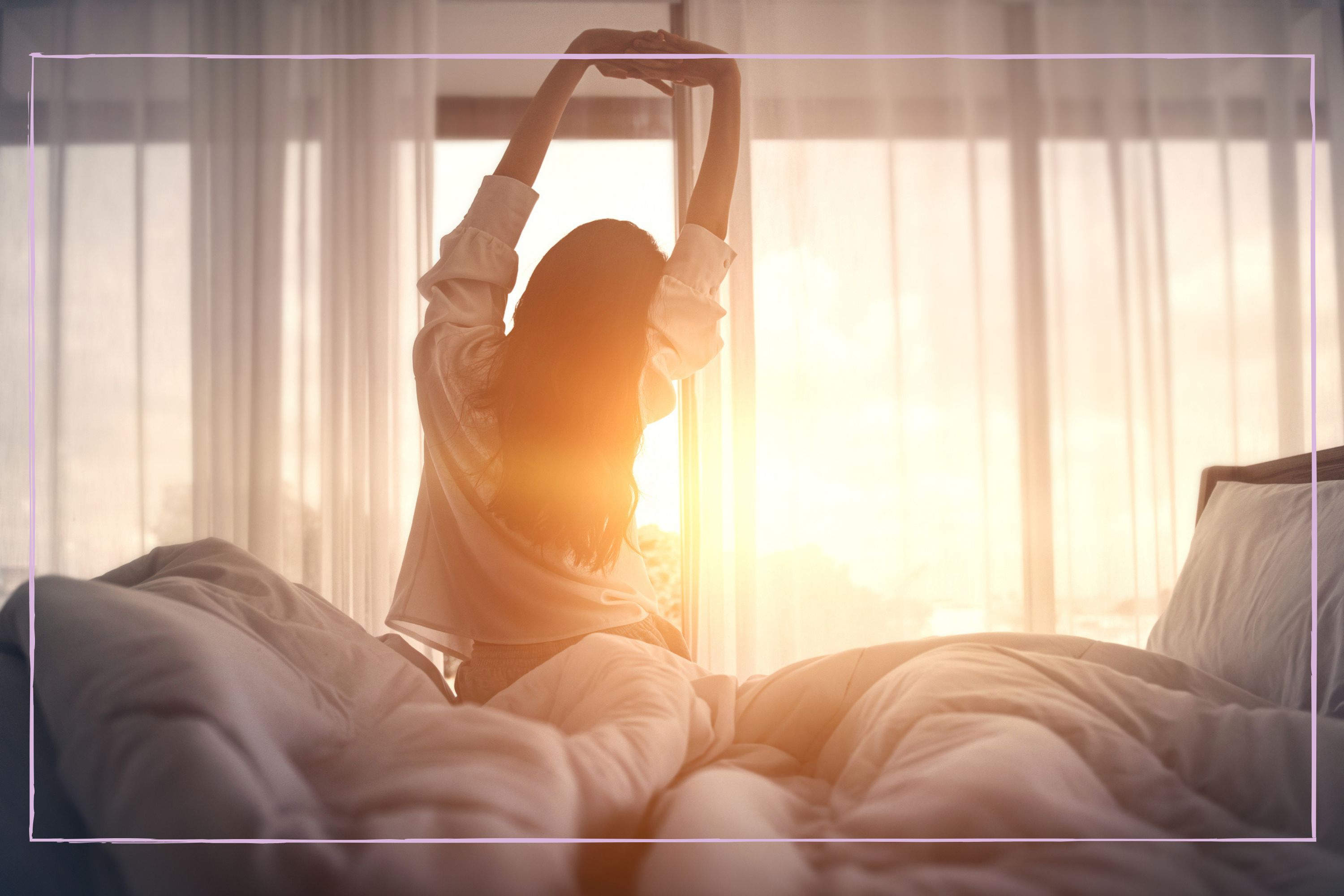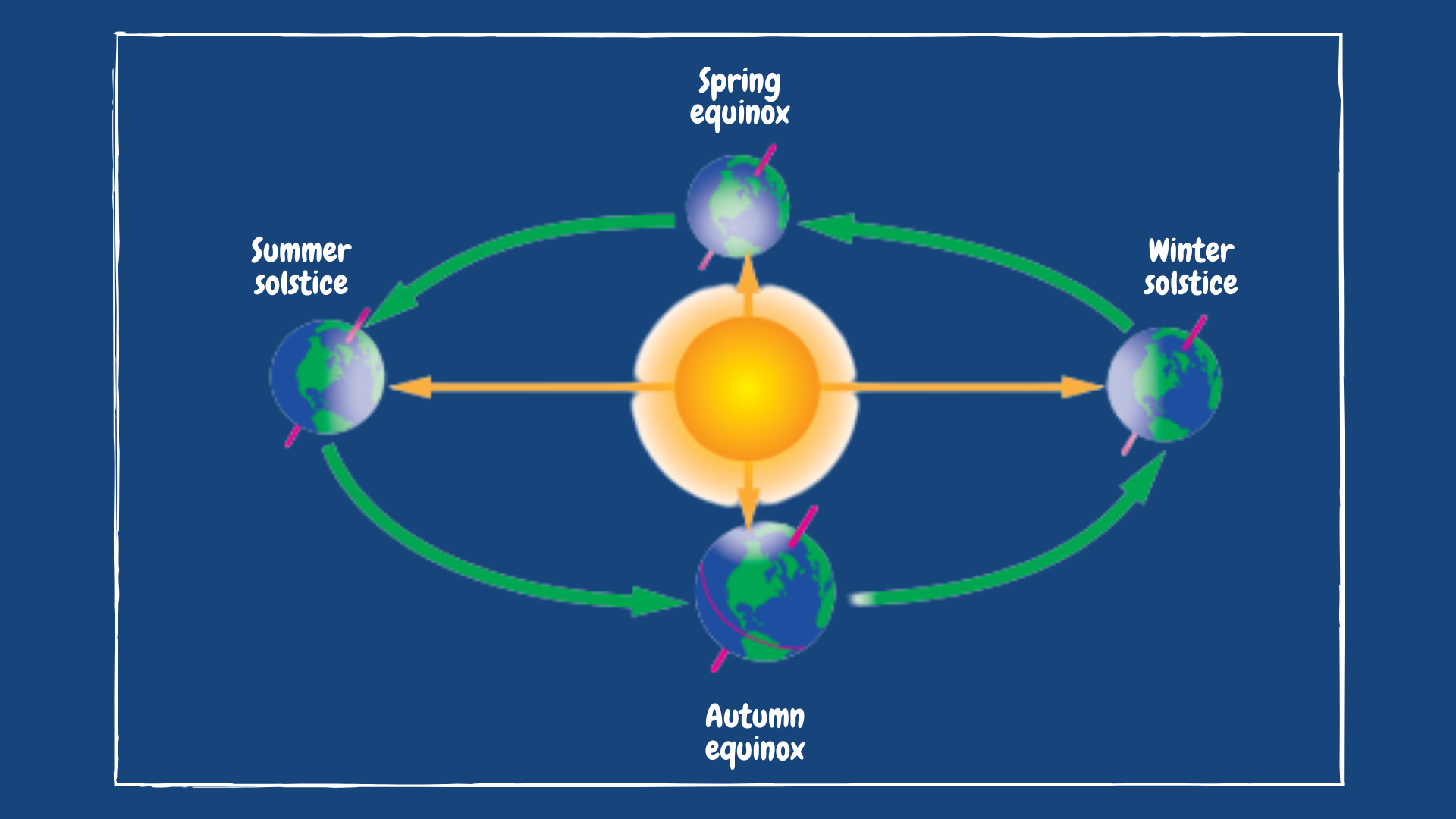When does it start getting lighter in the mornings and evenings in the UK?
Because waking up in the dark isn't fun at all


When does it get lighter is a question on everyone's lips, as we eagerly await spring and hope for some improvement in the weather.
The festive season is well and truly behind us, and it was something that offered excitement amid the awful weather and dark nights. A lot of people have now moved on from wondering when it will snow, to asking for the cheapest way to heat a room so they can finally switch the heating off. As tolerance for dark mornings and evenings wanes, thoughts of lighter months offer something to look forward to.
Goodto.com Family Editor and mum-of-one, Stephanie Lowe, says; "I can't wait for warmer days, the only good thing about winter months is that it is darker for longer in the mornings, if only to claw some sleep back from my early-rising child. But, I still do look forward to bright mornings and longer evenings... for myself."
With most of us are still heading out sporting thick sweaters and heavy boots, the arrival of the Winter Solstice has already made a slight difference to the amount of light we're getting. Here's exactly when you can expect it to get lighter still in the mornings and evenings in the UK.
When does it start getting lighter in the mornings?
Mornings in the UK start getting lighter from 22 December onwards. This is the date when Winter Solstice takes place, and means that from late December until 20 June 2024 (when the Summer Solstice takes place) each morning will gain a couple more minutes of light a day.
The reason mornings appear so dark between December and January is to do with the Earth's elliptical orbit of the sun. "This, combined with the tilt of the earth, means that mornings stay darker", says Dr Marek Kukula, an astronomer at the Royal Observatory, Greenwich.
Earth tilts on its axis at 23.5 degrees, which during the Winter Solstice is away from the sun, causing most of the Northern Hemisphere to be in darkness for a large portion of the time.
Parenting advice, hot topics, best buys and family finance tips delivered straight to your inbox.
In contrast, the Southern Hemisphere (continents like Australia, Antarctica and most of South Africa) are in the optimum position to receive sunlight, otherwise known as the Tropic of Capricorn. This is why Australia experiences their summer when the UK has their winter.
Winter Solstice took place in the UK on Friday 22 December 2023, at 3:27 am. It most often takes place on 21 December, and the last time it took place on 22 of the month was in 2019.
Now February has arrived, by the end of the month we should see almost 11 hours of daylight daily. This will rise slowly until the summer solstice on June 20. By this stage, we'll see over 16 hours of daylight each day.
When does it start getting lighter in the evening?
After the Winter Solstice on 22 December, evenings in the UK start getting lighter a few minutes more each day. It will also feel lighter in the evenings when the clocks go forward an hour on 31 March 2024 for Daylight Savings Time. This remains until 27 October 2024, when the clocks go back an hour.
The clock change occurs right after the Spring Equinox, which will take place on March 20. This is when Earth's equator line is exactly 50:50 with the sun - meaning day and night become equal in length.
What month does it start getting lighter?
The end of December is when days gradually start to get lighter - following the Winter Solstice. This means that each month onwards will include more daylight hours, and this continues to the Summer Solstice in June.
Interestingly, in January another event takes place called perihelion - this is when the earth is closest to the sun during its orbit (about 3% more). The Greek word 'perihelion' can be broken down into peri (meaning near) and helios (meaning sun), hence the name of this event. 2024's earth's perihelion will take place on 2 January.
How many minutes a day does it get lighter in the UK?
The UK gets lighter by 2 minutes and 7 seconds each day following the Winter Solstice on 22 December. This equates to an extra hour of daylight a month from 19 January onwards.
The reason this happens is because of earth's orbit of the sun. As it moves anticlockwise around the sun, the Northern Hemisphere slowly moves out of the darkness it's been placed in during Winter. And so this equates to a few more minutes of sunlight each day.

What is the shortest day in the UK?
The shortest day in the UK in 2024 will be 21 December. This is the Winter Solstice that occurs every December in the Northern Hemisphere, marking the date and 24-hour period with the fewest daylight hours of the entire year.
That is how it's come to be known as the shortest day, or the longest night of the year. The average amount of daylight seen on this day, comes in at around 7 hours and 49 minutes of light.
In 2021, Shetland reported the lowest hours of daylight for the Winter Solstice, with sunrise at 9.08am and sunset at 2.57pm, which equates to just 5 hours and 49 minutes of light.
What is the longest day in the UK?
In the UK, the longest day falls on Summer Solstice - the start of summer and the day that the Northern Hemisphere receives the most amount of sunlight. In 2023, this took place on 21 June, and in 2024 it will take place on 20 June.
In 2023, the sun rose at 4:44am and set around 9:20pm - giving us over 16 and a half hours of blissful daylight and almost nine hours longer than the Winter Solstice.
If you're still bracing yourself for colder weather, stock up on kids' winter boots, waterproof gloves and puddle suits, thanks to our handy guides to the best options.

Ellie is GoodtoKnow’s Family News Editor and covers all the latest trends in the parenting world - from relationship advice and baby names to wellbeing and self-care ideas for busy mums. Ellie is also an NCTJ-qualified journalist and has a distinction in MA Magazine Journalism from Nottingham Trent University and a first-class degree in Journalism from Cardiff University. Previously, Ellie has worked with BBC Good Food, The Big Issue, and the Nottingham Post, as well as freelancing as an arts and entertainment writer alongside her studies. When she’s not got her nose in a book, you’ll probably find Ellie jogging around her local park, indulging in an insta-worthy restaurant, or watching Netflix’s newest true crime documentary.